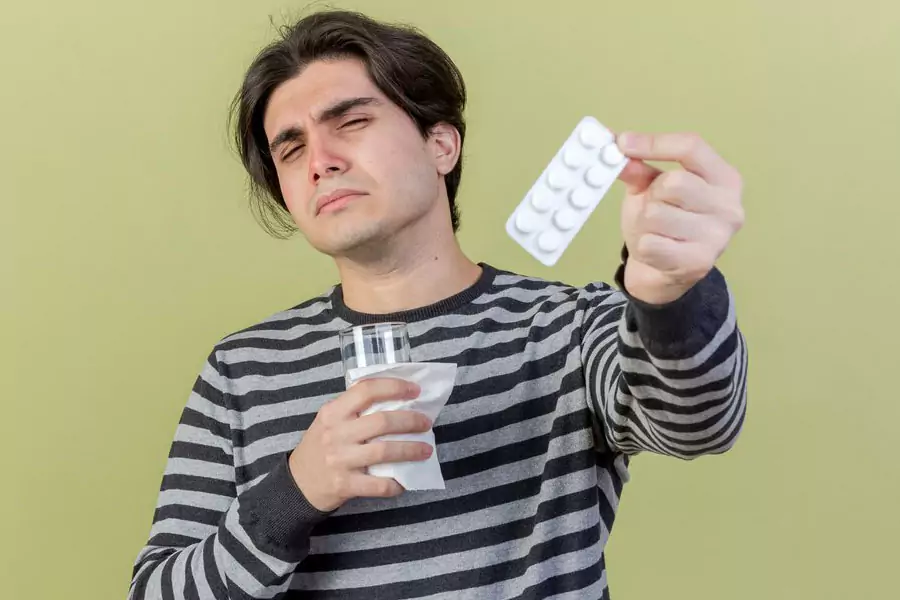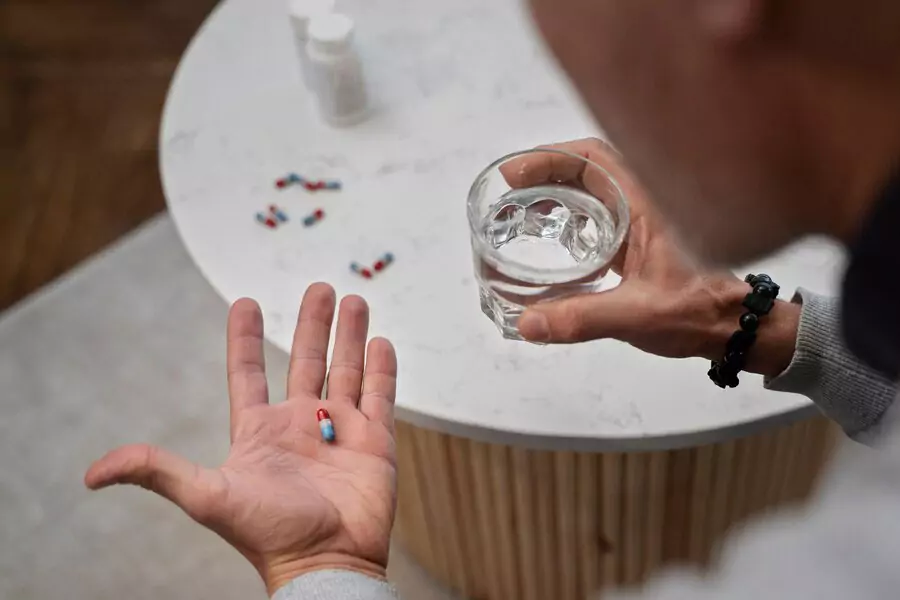Everything You Should Know About FDA-Approved Drugs to Quit Alcohol
The decision to stop drinking alcohol can feel like an uphill climb. Yet, for millions of people worldwide, it also sits squarely in doctors’ notebooks as a true medical disorder. At Archway Recovery Homes, we understand that recovery from alcohol addiction is more than willpower. It also needs medical help, a robust support system, and evidence-based care. If you or someone you know wants to overcome alcohol use disorder (AUD), it becomes essential to look at every available option. One of the most effective options is an FDA-approved drug to stop drinking alcohol.
In this comprehensive blog post, we will explain everything you need to know about FDA-approved medications for people with alcohol use disorder. We will further explain how these drugs work and their possible side effects, helping you or someone you know make smart choices about treatment.

Understanding Alcohol Use Disorder (AUD)
Alcohol Use Disorder (AUD) stands apart from casual binge drinking. It rewires the reward circuits in the brain, keeping them stuck in party mode. Someone with AUD can lose a job, miss a funeral, or empty a savings account and still think the next drink will finally untie the knots. The condition ranges from mild to severe, but even mild cases can turn into serious health issues.
Sometimes, family members do not understand why their loved one can’t just stop drinking alcohol. However, the truth is that brain chemistry, inherited traits, environmental triggers, and emotional trauma can fuel a craving for alcohol and make it difficult to stop drinking without medical assistance.

The Role of the Food and Drug Administration (FDA)
The role of the Food and Drug Administration (FDA) is to sift through all the hopeful science and ensure that a new drug is both safe and effective before it reaches the corner pharmacy. For a drug to stop drinking alcohol to be approved by the FDA, it must pass rigorous tests to prove that it can reduce alcohol cravings and help in long-term recovery.
Why Consider Medicines for Alcohol Recovery?
Some people still wonder why medication should even be on the table. They don’t know that a drug to stop drinking alcohol can give people a real chance to stay sober for a long time. Medications for alcohol use disorder can:
- Dull the craving for alcohol
- Help in managing withdrawal symptoms
- Block booze-induced pleasure
- Underpin new behavioral habits
- Lower the chances of relapse
It is often seen that when FDA approved medications are layered on top of counseling meetings and peer support groups, the likelihood of recovery increases manifold.
FDA-Approved Drugs to Stop Drinking Alcohol
The Food and Drug Administration has cleared three primary medications to treat alcohol use disorder. Whether through blocking brain cues, restoring chemical balance, or dulling cravings, each drug travels a different route to achieve the same goal.
1. Naltrexone (ReVia, Vivitrol)
Opioid receptors present in the brain register most feel-good signals of alcohol. Naltrexone blocks them. By blocking them, this drug chips away at the reward sensation, often leading to fewer drinks and a diminished urge to drink alcohol.
- How it’s used: A patient can swallow a daily tablet (ReVia) or roll in for a once-a-month shot (Vivitrol).
- Best for: People who have already quit drinking and want to avoid relapse.
- Common Side effects: Nausea, headaches, dizziness, fatigue, and occasional jitters.
- Not suitable for: Anyone still using opioids or who has severe liver issues.
Naltrexone is one of the most prescribed medications for alcohol use disorder. For best results, it is often combined with a strong support system and behavioral therapies.
2. Acamprosate (Campral)
Years of heavy drinking scramble the delicate dance of neurotransmitters in the brain cortex and cerebellum, leading to insomnia, jitters, and that gnawing need for another drink. Acamprosate steps in to stabilize that turbulent chemistry, reducing withdrawal symptoms like anxiety and insomnia.
- How it’s used: This medicine comes in the form of a white tablet and is taken three times a day.
- Best for: Recent quitters who still wrestle with anxiety and sleep disruption, even weeks after the last drink.
- Side effects: Diarrhea, nausea, depression, and insomnia.
- Not suitable for: Patients with severe kidney problems.
This drug to stop drinking alcohol does not lessen the craving for alcohol, but it supports the brain in early sobriety and prevents relapse.
3. Disulfiram (Antabuse)
Disulfiram whispers a stern threat every time alcohol is consumed. Even a single shot of alcohol while on Disulfiram can cause nausea, red-hot flushing, vomiting, and palpitations. This medicine stands as a strong barrier in the way:
- How it’s used: Daily oral tablet
- Best for: Those who are fully committed to sobriety
- Side effects: Fatigue, acne, metallic taste, and liver toxicity
- Not suitable for: People who have heart or liver problems
Disulfiram is not used as commonly as Naltrexone or Acamprosate. This medicine is most effective in highly structured environments such as residential recovery homes (Archway Recovery Homes), where staff can ensure that residents take their medicine.
Talking to a Health Care Provider
Are you or someone you love considering a drug to stop drinking alcohol? Your first stop should be a primary care provider or an addiction specialist. A short discussion, including a few questions, will pin down how serious the alcohol use disorder is and whether anything else, like anxiety or depression, is also hanging around. From there, the qualified professional can sketch out a treatment plan that makes sense for you or your loved one.
Family members sometimes get pulled into that same meeting. Their voices and perspectives can significantly increase treatment success rates.
Are These Medications Safe?
Every drug comes with side effects, and FDA approved medications for AUD are no different. However, they are considered safe when prescribed and monitored by experts. Regular checkups, lab tests, and honest communication keep the danger at bay. No one is immune, but most people sail through without trouble.

Make the Right Choice Now!
Choosing the right drug to stop drinking alcohol is anything but uniform. Every person’s journey with alcohol use disorder (AUD) is unique. Clinical programs differ widely from outpatient clinics to sober-living houses. That’s why a comprehensive evaluation by a medical provider is crucial.
At Archway Recovery Homes, the menu includes medication management, peer-led groups, and a daily schedule that keeps momentum high. From medication support to peer guidance and structured living, we’re here to walk alongside you every step of the way.
If you or someone you love is struggling to quit alcohol, remember: Help is available. Recovery is possible. And with the proper support and FDA approved medications, a sober, fulfilling life is within reach.


